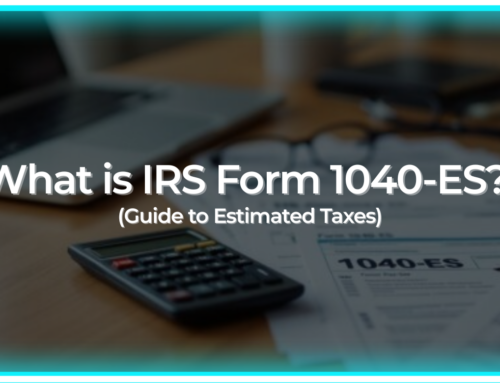Hi, I’m Bette Hochberger, CPA, CGMA, and today I will discuss ways to pay off IRS debt. Unpaid tax debts can affect us greatly, and these come from penalties and interest. While people fall behind on filing and paying their taxes for many reasons, the stress of how you will pay doesn’t have to be one of them.
Here are some ways to help pay off your IRS debt…
Temporarily delay the collection process
The first step you will want to do is apply to delay the collections process. If the IRS determines you can’t pay your tax debt, they will report your account as uncollectible and hold off on collecting it until your financial standing improves. Note that being currently not collectible does not mean the debt goes away; it means the IRS has determined you cannot afford to pay the debt at this time. If they do delay collecting from you, your debt will increase because penalties and interest are charged until you pay the full amount. During a temporary delay, they will again review your ability to pay. They may also file a Notice of Federal Tax Lien to protect the government’s interest in your assets.
Apply for a payment plan.
For tax debts under $50,000, a payment plan or installment agreement breaks down your total tax debt into manageable payments. As part of the application process, you will work with the IRS to determine a reasonable monthly payment and a timeline for paying the debt. When you request a payment plan (installment agreement), with certain exceptions, the IRS is generally prohibited from levying. The IRS’s time to collect is suspended or prolonged while an Installment Agreement is pending. Again, penalties and interest still accumulate as you pay the balance.
Reduce the amounts with penalty abatement.
If it’s your first time filing late or being penalized by the IRS, you may be eligible for penalty abatement (a one-time forgiveness). Penalty abatement means the IRS will waive any accumulated failure to file, failure to pay, or misreported information penalties (but interest still accumulates). To get this, you must be up to date on filing your returns and ensure all prior taxes, not including the year you are applying for, have been paid or have an installment agreement.
Look into an offer in compromise.
An offer in compromise allows you to settle your tax debt for less than the full amount you owe. It may be a legitimate option if you can’t pay your full tax liability or do so creates a financial hardship. The process includes submitting an offer you believe you can pay while providing supporting documents supporting your claim. Potential documents include financial statements, forecasts, and bank statements.
Knowing that you owe the IRS money can be really stressful. But it’s best to get started so that you don’t face any consequences, including interest and penalties, collection actions, legal actions, damage to credit score, and even seizure of property.
I hope you learned something new today. As always, stay safe, and I will see you next time.







